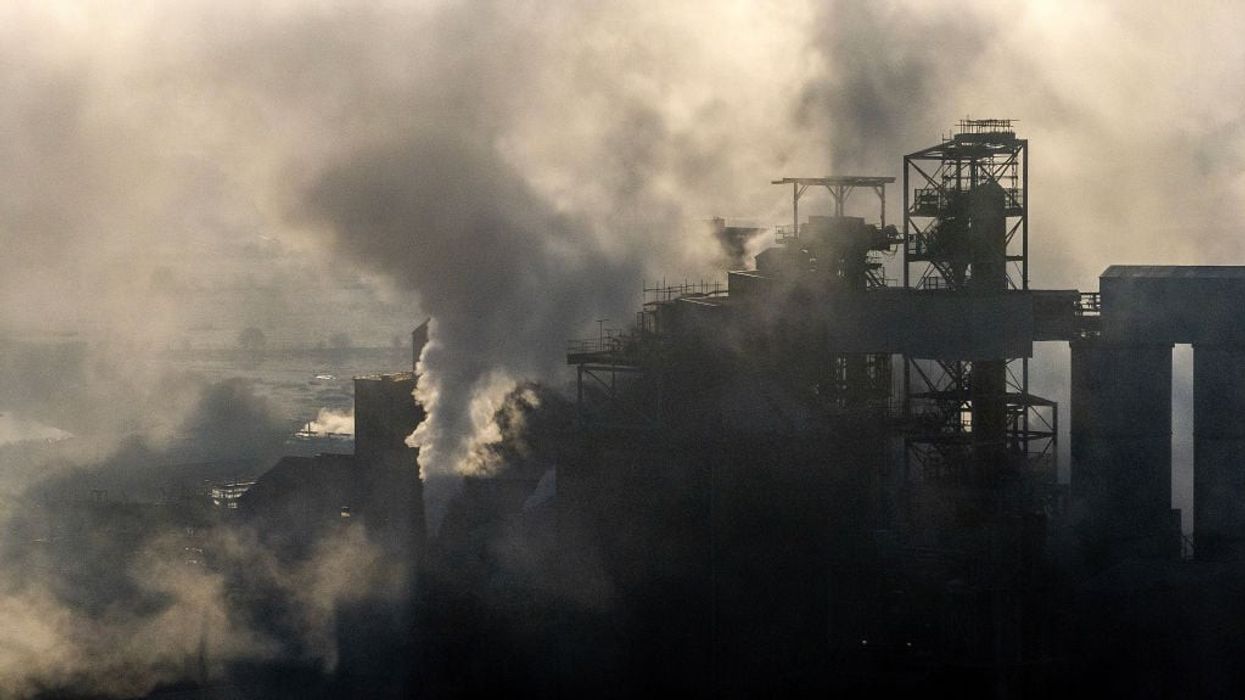BRITISH government on Friday (4) announced investment of nearly £22 billion in projects to capture and store carbon emissions created by industry and energy production.
The money will fund "carbon capture clusters" in Merseyside, northwest England, and Teesside, northeast England.
The new Labour government has launched a new public-owned body, Great British Energy, to spur investment in domestic renewable projects and quicken the pace of the move to cleaner power.
It hopes the new projects will create 4,000 jobs and support another 50,000 over the next 25 years and help the UK meet its climate targets by removing 8.5 million tonnes of carbon emissions each year.
Prime minister Keir Starmer said the projects were "reigniting our industrial heartlands by investing in the industry of the future".
Carbon capture, utilisation and storage (CCUS) is a technology that seeks to eliminate emissions created by burning fuels for energy and from industrial processes.
The carbon is captured and then stored permanently in various underground environments.
The International Energy Agency believes it could be a crucial weapon in the fight against emission-driven climate change.
The £21.7bn will subsidise three projects in Teesside and Merseyside -- two areas of the UK that have suffered from the decline of heavy industry.
It will also help fund transport and storage networks to move the carbon to geological storage in Liverpool Bay and the North Sea.
The first carbon dioxide is set to be stored from 2028.
"Today's announcement will give industry the certainty it needs -- committing to 25 years of funding in this ground-breaking technology -- to help deliver jobs, kickstart growth, and repair this country once and for all," said Starmer, who was to unveil the plans with climate minister Ed Miliband and finance minister Rachel Reeves.
Greenpeace UK's policy director, Doug Parr, criticised the plans, saying they would "extend the life of planet-heating oil and gas production.
"The bulk of this cash should be invested instead in creating new jobs in the green industries of the future, like in offshore wind, or rolling out a nationwide home insulation programme that will keep our homes warmer, energy bills lower and less dependent on gas," he added.
But independent government advisers the Climate Change Committee welcomed the move as "very reassuring".
Emma Pinchbeck, chief executive of trade body Energy UK, said CCUS was a "tool in our armoury of technologies which we need to decarbonise parts of energy that we currently can't do with clean electricity, such as major industrial processes".
(AFP)





